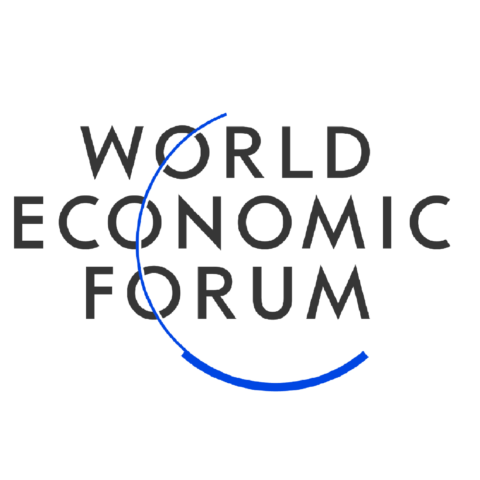- Political leaders say that unity in the face of Russian aggression in Ukraine has been encouraging but the war has triggered multiple crises — most notably in food security
- Countries with close ties to both China and the US resent being forced to choose sides and could instead facilitate cooperation over competition
- Food shortages and rising grain prices could touch off migration and further destabilize already vulnerable countries
- For more information on the World Economic Forum Annual Meeting 2022, visit www.wef.ch/wef22
Davos-Klosters, Switzerland, 24 May 2022 – Poland’s President Andrzej Duda delivered a harsh rebuke to Russia over its invasion of Ukraine, pledging “100% support” for President Volodymyr Zelenskyy and calling for Moscow to pay reparations to Kyiv. “I simply cannot accept that Russia can violate international law with impunity.”
Russian aggression against Ukraine has revived unity within the West and highlighted for many Western nations the importance of democratic values. Finland and Sweden, notably, have set aside their longstanding policies of neutrality and applied to join NATO. “We are in a totally new situation and have to wake up to that,” said Pekka Haavisto, Finland’s Minister for Foreign Affairs, noting that the collapse of the post-war European security architecture, as well as Russia’s increased appetite for risk, were among the major factors prompting Finland to apply for membership.

Haavisto said that in this “grey time” between the Nordic country’s application to join the alliance and its potential full accession, when it will enjoy mutual security protection under Article 5 of the NATO charter, NATO members have given Finland and Sweden assurances that they will guarantee security. Asked about Turkey’s stated objection to extension of membership to Finland and Sweden, he expressed confidence that Helsinki can address concerns.
Alarmed by an increasingly competitive geopolitical landscape marked by mounting frictions between the United States and China, Prince Faisal bin Farhan Al Saud, Minister of Foreign Affairs of Saudi Arabia, emphasized the need for cooperation.
“If we learned anything from COVID, it is that we need to focus on cooperation and I think we need to continue to look towards avenues to foster that cooperation. Even when there is difference, when there’s competition, we need to find mechanisms to talk to each other.” He noted that Saudi Arabia, which values both its extensive trade relationship with China and its national security relationship with the US, is well-positioned to facilitate dialogue between the world’s leading powers.
Prince Faisal’s remarks were echoed by Pakistan’s Minister for Foreign Affairs, Hina Rabbani Khar, who commented on the “binary choice” that countries with close ties to both China and the US are increasingly asked to make. “We are typically asked this question all the time: Who do you choose? It shows how far we have fallen as a global community,” she said. This is particularly difficult, she noted, for a country like Pakistan, which is already in fiscal crisis and now faces “the superimposition of a food security crisis”.
Gregory W. Meeks, Democratic Congressman from New York’s 6th District and Chairman of the House Committee on Foreign, praised the bipartisan support for a recent Senate bill pledging $40 billion in humanitarian and military aid to Ukraine, as well as the broad international support that Ukraine has received.
He also focused on the potential food crisis, emphasizing the need to break the blockade of Ukraine’s Black Sea ports so Ukrainian grain can be delivered to the many countries that depend on it. “You got to open [the port of Odessa] up because that’s not been just limited to what’s happening in Ukraine; this threatens the entire world.”
Madrid is host to next month’s NATO summit and Spain’s Foreign Minister, José Manuel Albares Bueno, praised the alliance’s response to Russian aggression in Ukraine. But he emphasized the threat that the looming food crisis, if left unresolved, could pose to Europe. Noting that the Sahel – the region of North Africa bordering the Sahara – is not only already deeply food-insecure, he warned that rising cereal prices could set off a potentially destabilizing northward migration. “Unity is our best defence.”
About the Annual Meeting 2022
For over 50 years, the World Economic Forum has been the international organization for public-private cooperation. The Annual Meeting is the focal point for leaders to accelerate the partnerships needed to tackle global challenges and shape a more sustainable and inclusive future. Convening under the theme, History at a Turning Point: Government Policies and Business Strategies, the Annual Meeting 2022 and its 450 sessions bring together global leaders from business, government and civil society. Learn more about the programme and view sessions live and on-demand.
